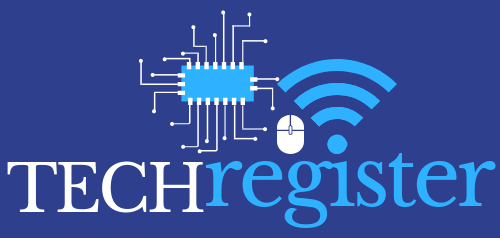Apple, Google’s parent company and Meta are being investigated by the EU for potential breaches of the bloc’s new laws designed to police anti-competitive behaviour by big technology firms.
The trio face significant fines if they are found guilty of breaching the Digital Markets Act (DMA), a landmark piece of regulation that came into force on 7 March and is aimed at increasing choice for online consumers.
The European Commission, the EU’s executive arm, said it was looking at potential breaches related to: Apple and Google’s measures allowing app developers to “steer” users to offers outside their app stores; whether Alphabet, Google’s owner, favours its own services like Google shopping in search results on its search engine; Meta’s decision to charge users for an ad-free experience on Facebook and Instagram and whether it complies with DMA provisions on users’ personal data; and whether Apple is making it easy for users to pick alternative browsers on their phones.
“The commission suspects that the measures put in place by these gatekeepers fall short of effective compliance of their obligations under the DMA,” said the commission.
The law requires the six tech “gatekeepers” – Alphabet, Amazon, Apple, Meta, Microsoft and the TikTok owner ByteDance, which provide services like search engines, social networks and chat apps used by other businesses – to comply with guidance to ensure a level playing field for their rivals and to give users more choices.
Thierry Breton, the commissioner for the internal market, said the firms face the threat of “heavy fines” if they are found to have breached the act.
“The Digital Markets Act became applicable on 7 March,” he said. “We have been in discussions with gatekeepers for months to help them adapt, and we can already see changes happening on the market. But we are not convinced that the solutions by Alphabet, Apple and Meta respect their obligations for a fairer and more open digital space for European citizens and businesses.”
The competition commissioner, Margrethe Vestager, said the companies had had plenty of time to comply with the act, adding that the commission had worked with them to ensure they were compliant.
“I definitely do not think this is rushed,” Vestager told reporters. She said the point of the new laws was “not to have cases” but to give consumers choices they are entitled to under competition laws.
“The soon we have changes, the sooner consumers can have the benefit of having the DMA,” she said. She said the EU had put in place “strong deterrents” to encourage tech companies to take their obligations seriously with hefty fines for those that fail to meet the standards required.
after newsletter promotion
Non-compliance with the DMA can result in fines of up to 10% of turnover, rising to 20% of repeated infringements. Annual revenue at Apple last year was $383bn,while at Alphabet it was $307bn and $134bn at Meta.
The commission is also taking steps to investigate Apple’s new fee structure for alternative app stores and Amazon’s ranking practices on its marketplace.
The EU executive aims to wrap up the investigations within a year, the timeframe set out under the DMA.
Anne Witt, a professor of antitrust law at EDHEC business school in France, said the commission had moved quickly to enforce the act.
“The commission certainly hasn’t wasted any time opening these investigations, considering that the DMA’s conduct rules only started applying to gatekeepers in early March. It is a big test for the DMA,” she said.












